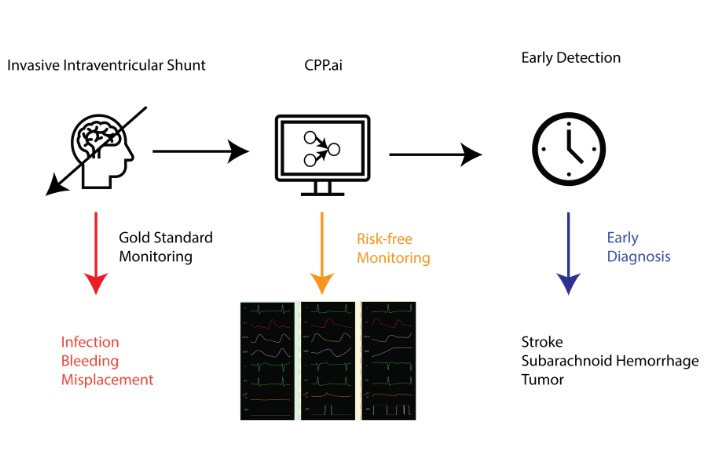Diagnostic Tool Identifies Amyloid Beta Plaques in Alzheimer’s Disease Patients
Posted on 22 Jul 2024
Amyloid PET scans are known for providing in-vivo evidence of Alzheimer's Disease (AD) pathology. However, their high cost restricts widespread use in clinical settings. An alternative diagnostic tool, event-related potentials (ERPs), a type of electroencephalogram that measures the brain's electrical activity in response to sensory and cognitive stimuli, has shown promise. A new study has now demonstrated the usefulness of ERPs in diagnosing AD in clinical environments, potentially serving as a disease biomarker. This marks the first investigation into the application of ERPs as in-vivo biomarkers of AD in a diverse patient population within a real-world clinical context.
The collaborative study that included researchers from Boston University Chobanian & Avedisian School of Medicine (Boston, MA, USA) involved veterans aged 50 to 100 who had previously undergone an amyloid PET scan as part of their standard clinical care to determine amyloid deposition, a critical biomarker for AD. Of these, 28 participants had positive amyloid PET scan results, indicating AD, while 39 showed negative results, suggesting their cognitive impairment was due to non-AD processes. All participants were subjected to neuropsychological assessments and an ERP session. The researchers noted that ERPs could enhance diagnostic processes at memory clinics, which currently depend heavily on neuropsychological tests at the initial visit. They recommend that future research should explore the potential of ERPs to monitor responses to anti-amyloid treatments in AD patients. The study results have been published in the Journal of Alzheimer’s Disease.

“ERPs are an inexpensive and non-invasive method of measuring brain function that may support the detection of AD pathology in-vivo and thus help gauge the presence of neurodegenerative processes,” said senior author Andrew Budson, MD, professor of neurology at the school and chief of cognitive & behavioral neurology at the VA Boston Healthcare System.
“ERPs may be a useful additional clinical tool to help determine whether patients should undergo more invasive biomarker techniques to confirm amyloid beta positivity,” added co-first author Katherine Turk, MD, assistant professor of neurology at the school.
Related Links:
Boston University Chobanian & Avedisian School of Medicine













